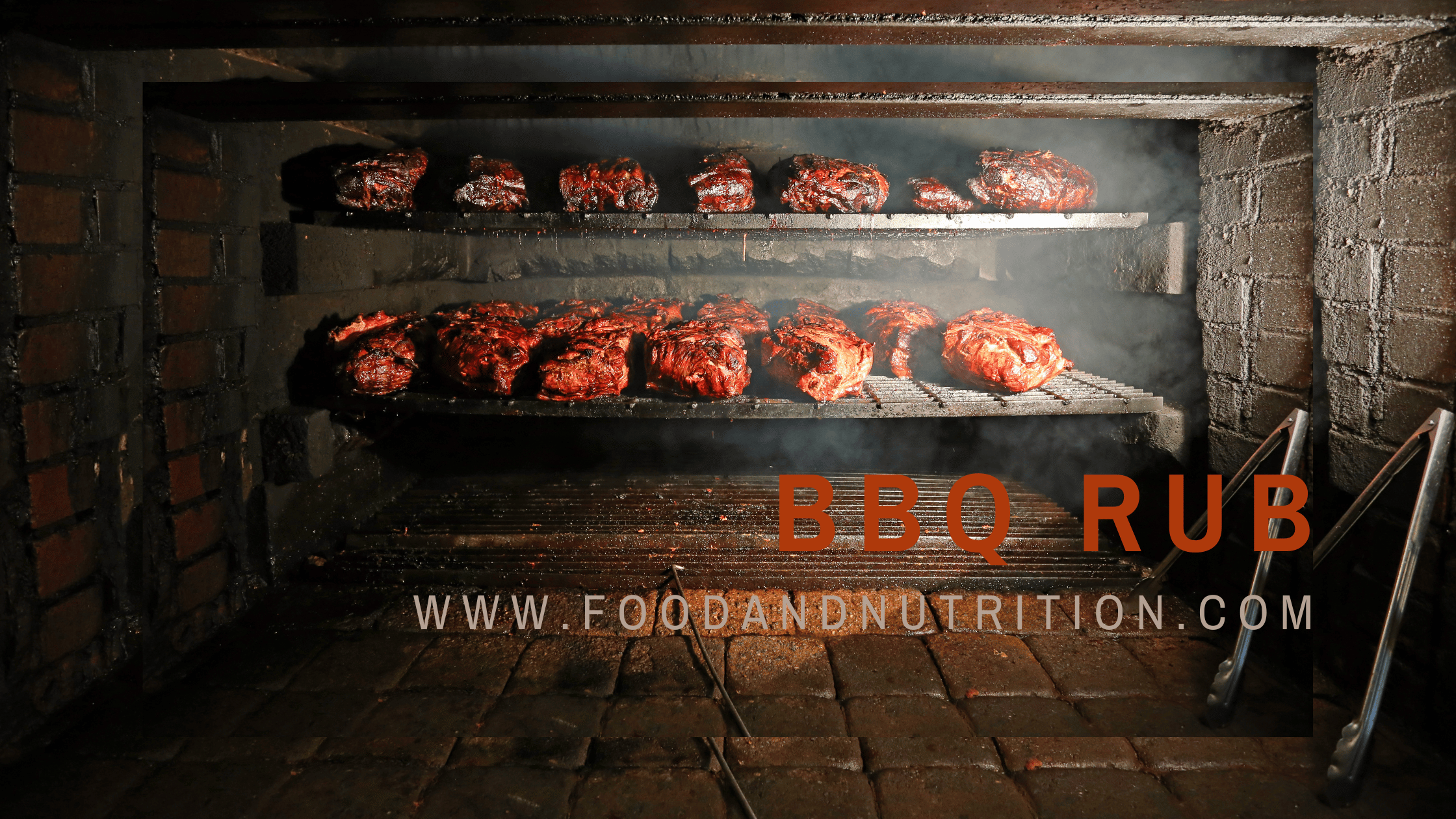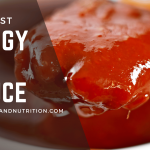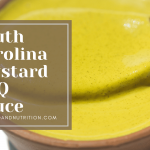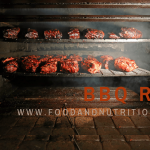Spice Up Your Grilling Adventure: Unveiling the Secrets of Homemade BBQ Rubs

Barbecue, a beloved culinary tradition, has been tantalizing taste buds around the world for centuries. And at the heart of every perfectly grilled or smoked piece of meat lies a secret weapon: the BBQ rub. Today, we’ll explore the rich history, popularity, common ingredients, nutritional aspects, and serving ideas of the revered BBQ rub. Get ready to elevate your grilling game and create unforgettable flavor combinations!
The History of BBQ Rub
The origins of BBQ rubs can be traced back to ancient times when early civilizations discovered the power of herbs and spices. In ancient Egypt, aromatic spices like garlic and onion were used to enhance the flavor of grilled meats. As culinary practices evolved, various cultures began to experiment with different spice combinations, resulting in unique regional BBQ rubs. From the vibrant flavors of Caribbean jerk seasoning to the smoky richness of Texas-style rubs, BBQ rubs have become an integral part of barbecue traditions worldwide.
Why BBQ Rubs are Popular
The popularity of BBQ rubs stems from their ability to transform ordinary cuts of meat into extraordinary culinary delights. The carefully selected blend of spices creates a harmonious balance that enhances the natural flavors of the meat while adding depth and complexity. Whether you’re smoking beef brisket, pork shoulder, ribs, or grilling a whole chicken, a BBQ rub adds a layer of deliciousness that sets your dishes apart. The versatility of BBQ rubs also allows for customization, catering to individual taste preferences and dietary needs.
Common Ingredients in BBQ Rubs
While BBQ rubs can vary widely in their ingredient profiles, there are several common spices that form the foundation of most rubs. These include granulated garlic and onion, which impart savory notes and depth of flavor. The addition of cayenne pepper adds a touch of heat, while white and black pepper provide a subtle kick. Salt is a crucial component, not only for seasoning but also for tenderizing the meat. Paprika adds vibrant color and a smoky undertone, while brown sugar contributes a hint of sweetness to balance the flavors.
BBQ RUB
Ingredients
- 2 tablespoons granulated garlic
- 2 tablespoons granulated onion
- 1 tablespoon cayenne pepper
- 2 teaspoons white pepper
- 1 tablespoon black pepper
- 4 tablespoons salt
- 4 tablespoons paprika
- 3 tablespoons brown sugar — packed
Instructions
- In a small bowl, combine all the ingredients thoroughly.
- Store the BBQ rub in a dry, airtight container until ready to use.
Notes
Nutritional Aspects of BBQ Rubs
When used in moderation, BBQ rubs contribute negligible calories to the final dish. The primary nutritional impact lies in the sodium content, primarily derived from salt. However, by controlling the amount of rub applied to the meat, you can manage the sodium intake. Additionally, the use of herbs and spices in BBQ rubs provides numerous health benefits. Garlic and onion are rich in antioxidants and have potential anti-inflammatory properties. Cayenne pepper may aid digestion and boost metabolism, while paprika contains vitamins A, E, and C. It’s important to remember that the overall nutritional impact of a dish depends on various factors, including the cut of meat and cooking method.

Serving Ideas with BBQ Rub
The possibilities are endless when it comes to serving dishes prepared with BBQ rubs. Here are a few serving ideas to inspire your culinary adventures:
- Classic Barbecue Feast: Apply the BBQ rub liberally to pork ribs, beef brisket, or chicken, then slow smoke or grill until tender and succulent. Serve with homemade barbecue sauce and coleslaw for a finger-licking experience.
- BBQ Rubbed Burgers: Sprinkle the BBQ rub on ground meat patties before grilling or pan-frying. Top with melted cheese, caramelized onions, and your favorite condiments for a flavor-packed burger.
- Vegetarian Delights: BBQ rubs aren’t just for meat lovers. Toss roasted vegetables like sweet potatoes, cauliflower, or portobello mushrooms in the rub before cooking to add depth and complexity to plant-based dishes.
- Flavorful Skewers: Thread marinated chicken, beef, or shrimp onto skewers and generously coat with the BBQ rub. Grill until charred and serve as a delightful appetizer or main course.
Conclusion
The BBQ rub is an essential tool in every grill master’s arsenal. Its rich history, widespread popularity, and diverse ingredient combinations showcase the artistry and creativity of barbecue traditions around the world. By harnessing the power of herbs and spices, a homemade BBQ rub elevates ordinary dishes into extraordinary culinary masterpieces. So, fire up your grill, gather your favorite ingredients, and embark on a flavorful journey with BBQ rubs that will leave your guests craving more. Embrace this time-honored tradition and savor the mouthwatering results of your labor, knowing that you’ve mastered the art of the BBQ rub. Happy grilling!
Learn more about our Signature Seasoning Blends and about the characteristics of wide variety of Herbs and Spices.

- Discover the Nordic Diet: A Path to Health and Sustainability
- Ultimate Guide to Nutrition & Wellness Tips for Healthy Travel Adventures
- Personalized Menu Planning: Tailoring Nutrition to Individual Needs
- Discover the Best Healthy Cooking Oils: Benefits, Uses, and Expert Tips
- Savor the Sunshine Flavors: Lemon Chicken Skewers for Grilling Bliss
- Ultimate Guide to Adaptogens: Benefits, Uses, and How to Incorporate Them
